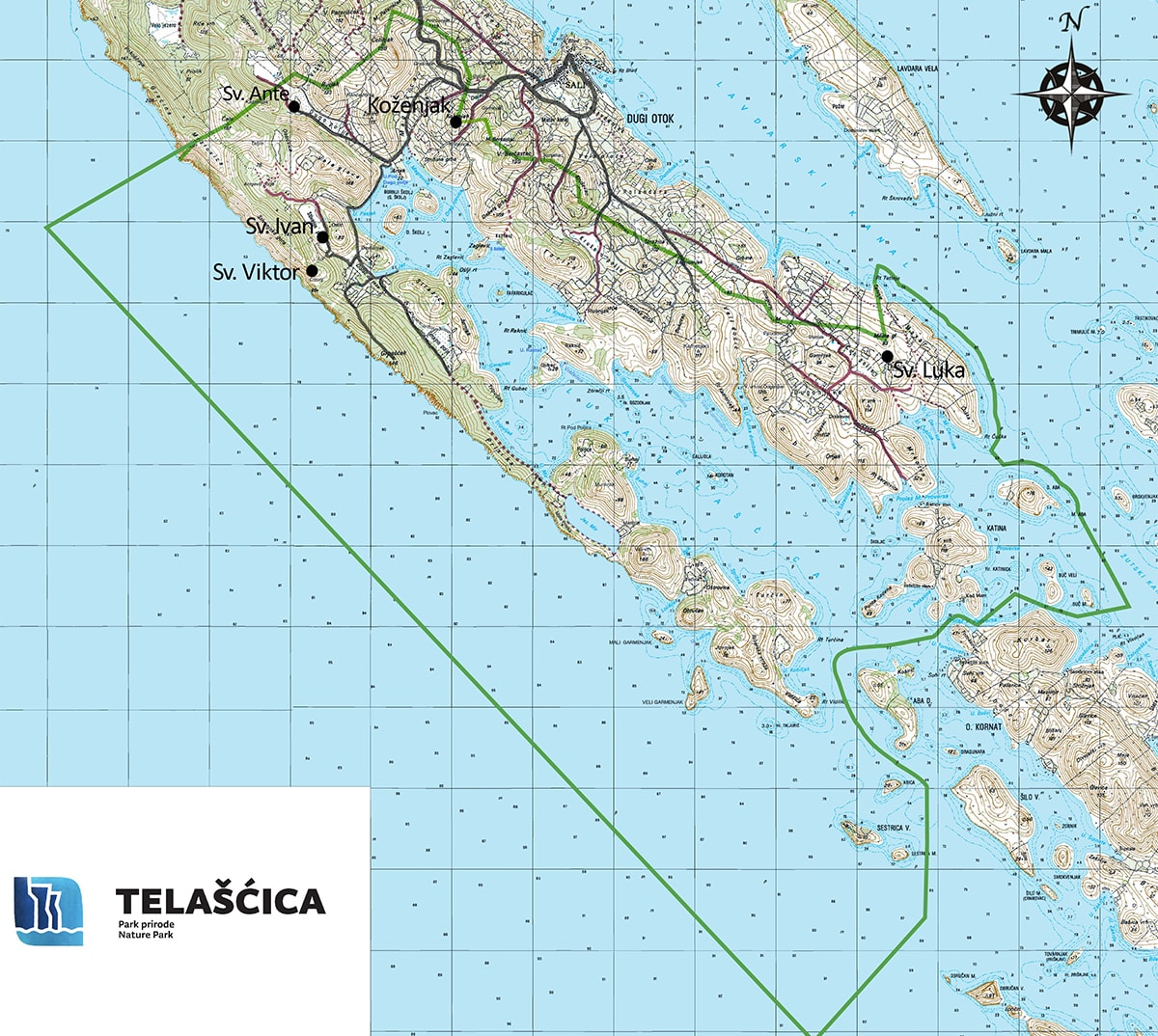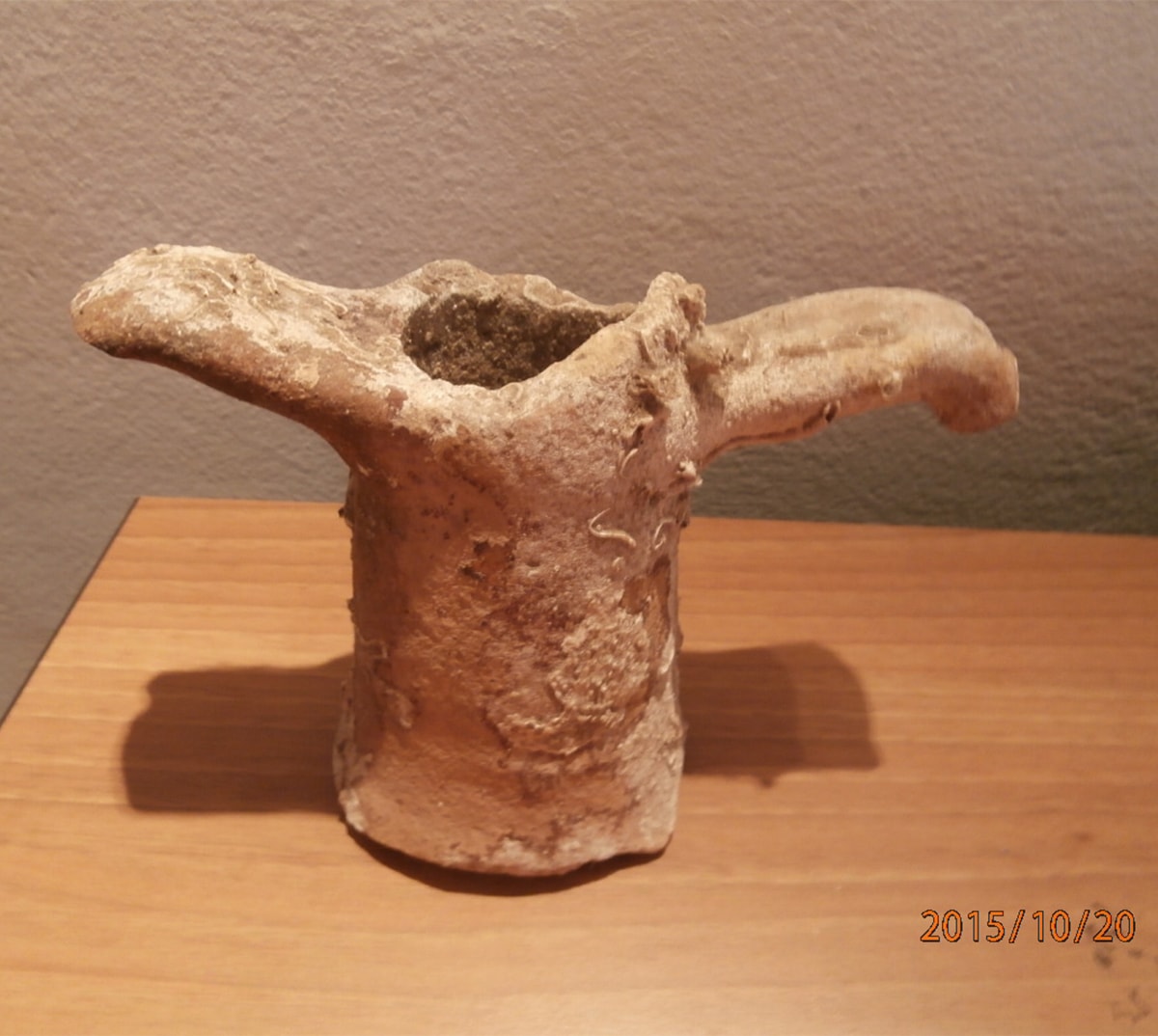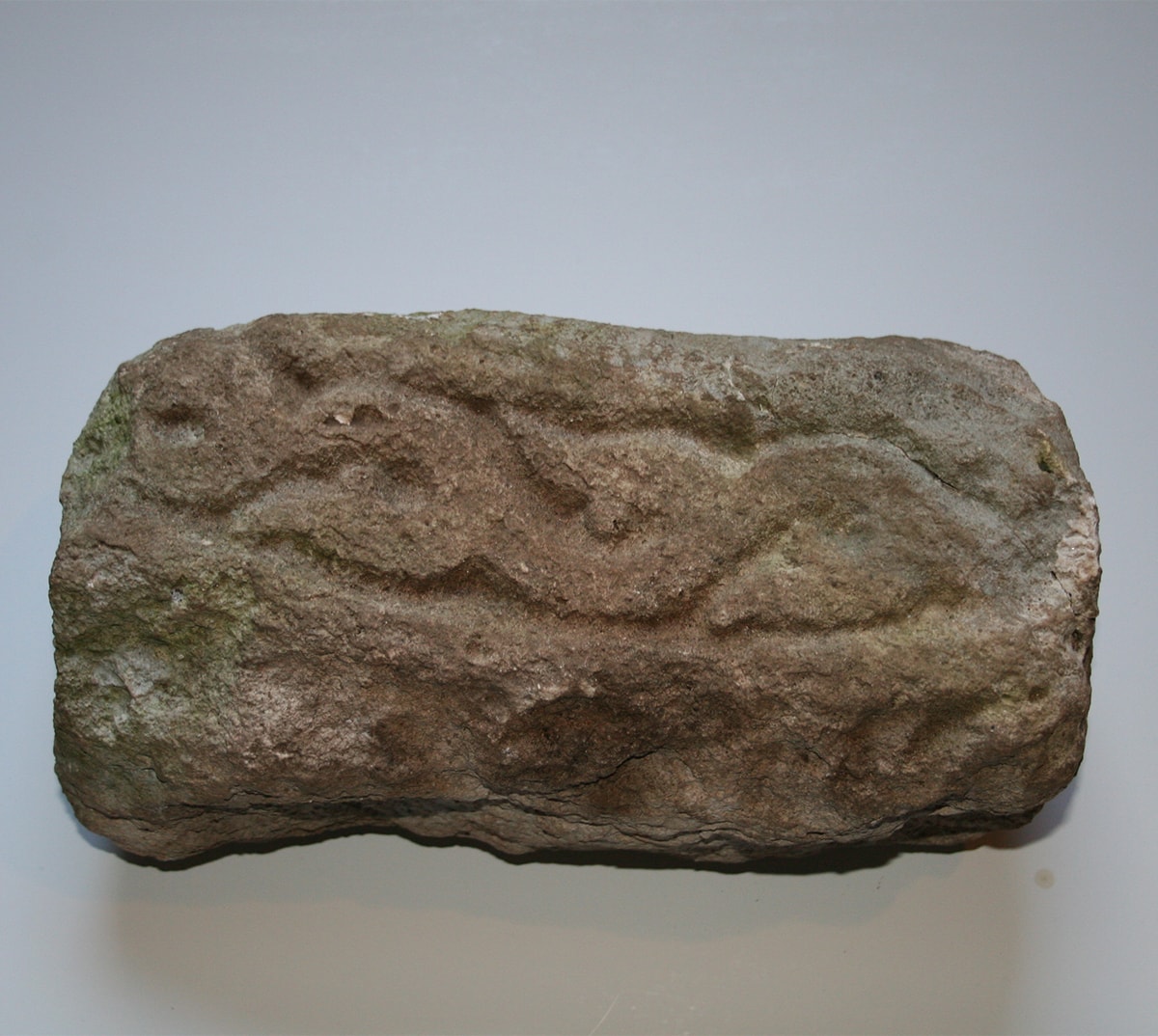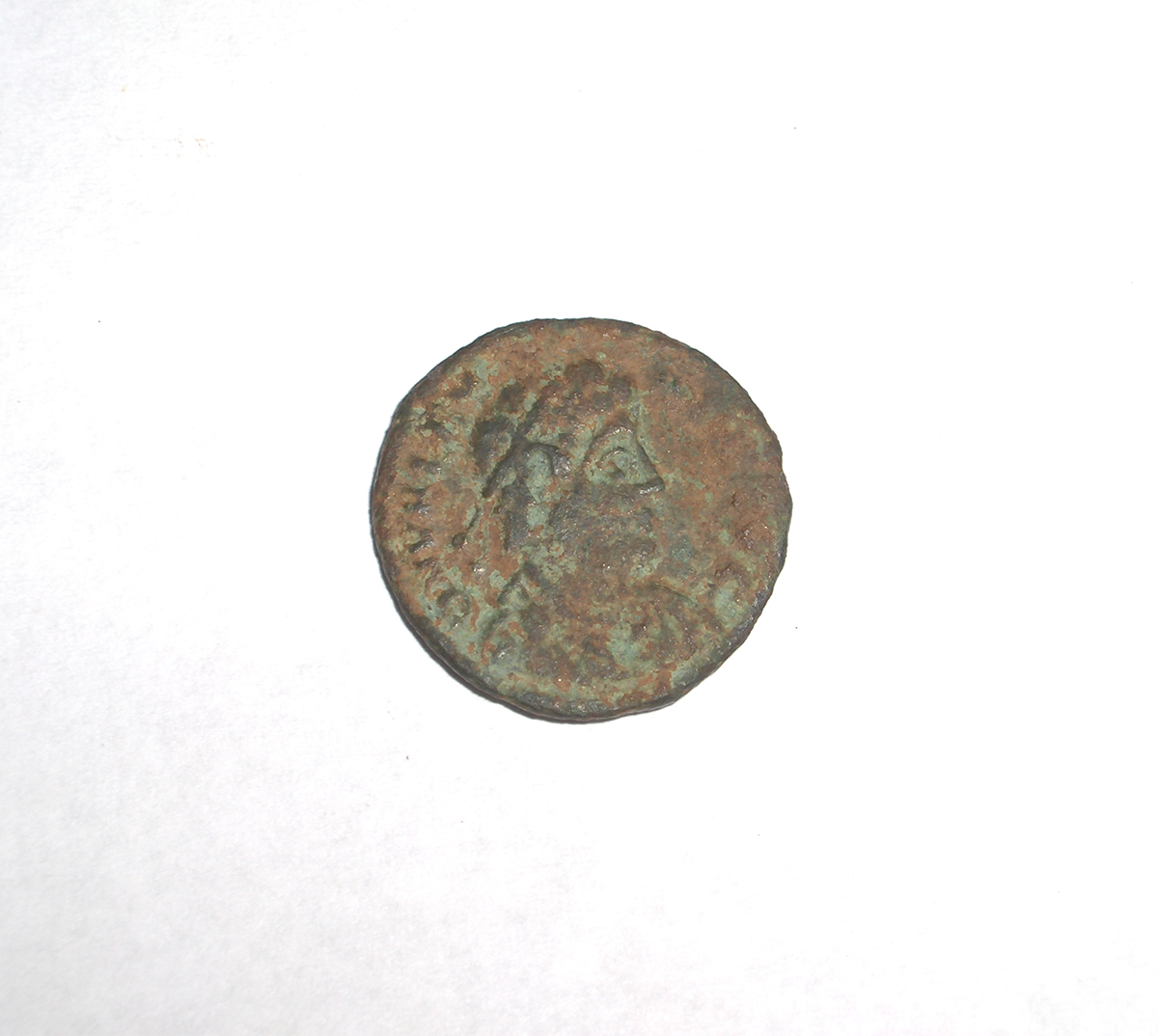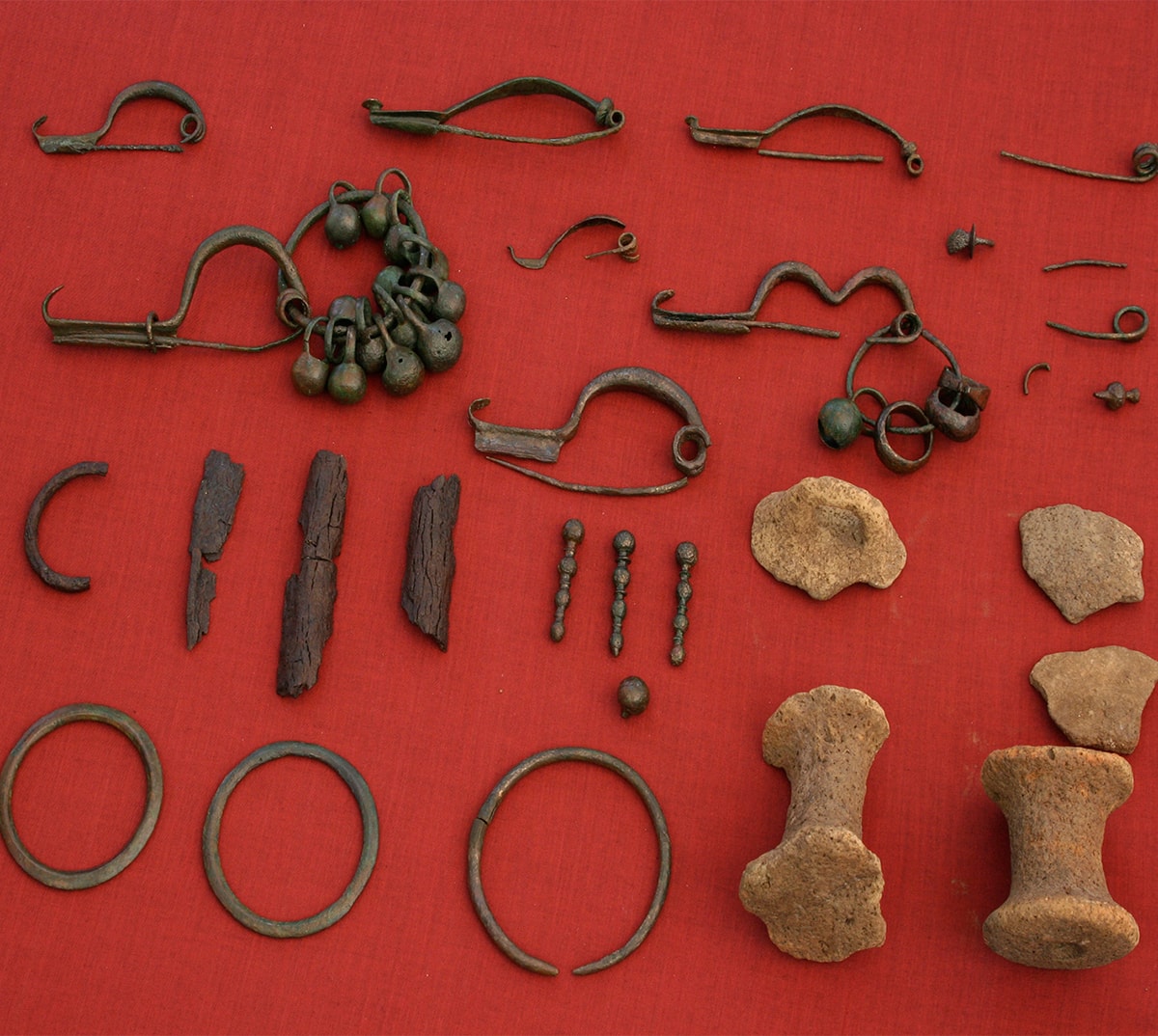


Archaeology
Archaeological sites within the Nature Park area bear witness of the continuity of use of the Nature Park’s natural values. All of the sites are regulated, marked with information boards and have roads or footpaths that lead to them. They are maintained on a regular basis; however, there are still those that are in the course of research, as well as those that are still waiting to see the light of day. The Institution is conducting research in collaboration with various institutions through the scientific research project “Archaeological Picture of Nature Park Telašćica” because the area of the Nature Park includes localities of crucial importance for the knowledge of cultural heritage of the island.
- Čuh Polje – Gominjak site (Liburnian burial mounds)
- Čuh Polje – Polje site (Liburnian burial mounds)
- Čuh Polje – Crkvina site, St. Luke (remains of an early-Christian church)
- Mrkotin – Mala Proversa site (remains of a Roman villa rustica)
- Dolac – Koženjak ite (Liburnian fort and late antique lookout point)
- Magrovica – Megarus site (medieval village)
- Dugopolje – St. Anthony site (medieval church and Liburnian necropolis)
- Stivanje Polje – St. John (remains of an early-Christian church)
- Stivanjska Gora – St. Victor (remains of an early-Christian church)
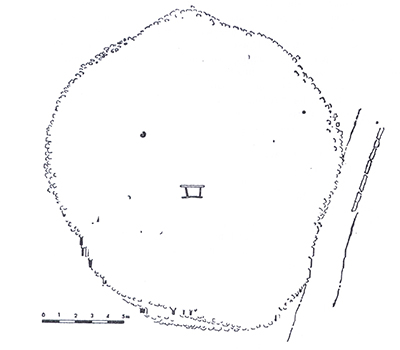
Figure 1 Layout of a Liburnian mound with a grave next to a road, Čuh Polje site
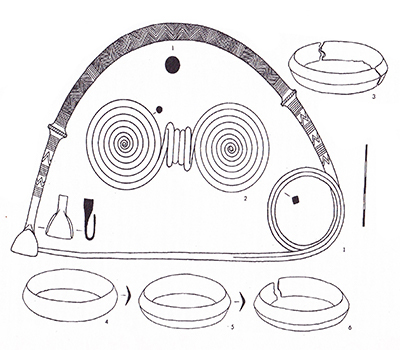
Figure 2 Bronze jewellery from a Liburnian grave from Dugo Polje site
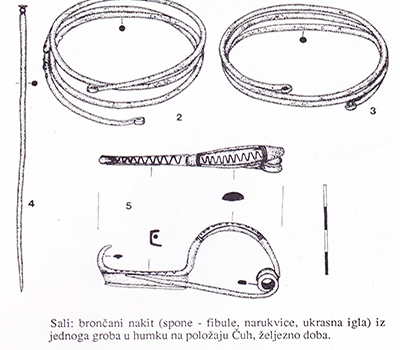
Figure 3 Bronze jewellery from a Liburnian grave, Čuh Polje site
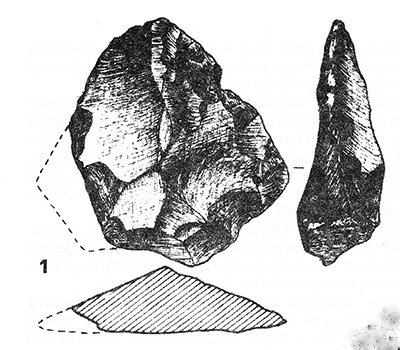
Figure 4 Flint item from the Middle Paleolithic (Mousterian culture), Krševanje Polje site
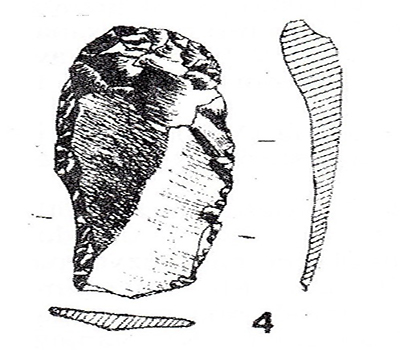
Figure 5 Flint item from the Late Paleolithic (Gravettian culture), Krševanje Polje site
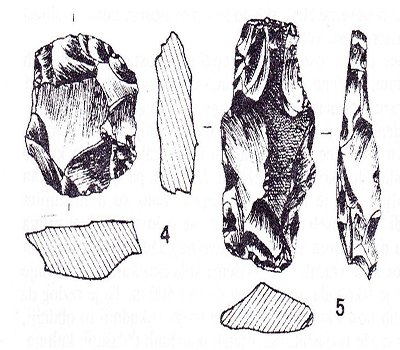
Figure 6 Flint item from the Mesolithic, Krševanje Polje and Dugo Polje sites



